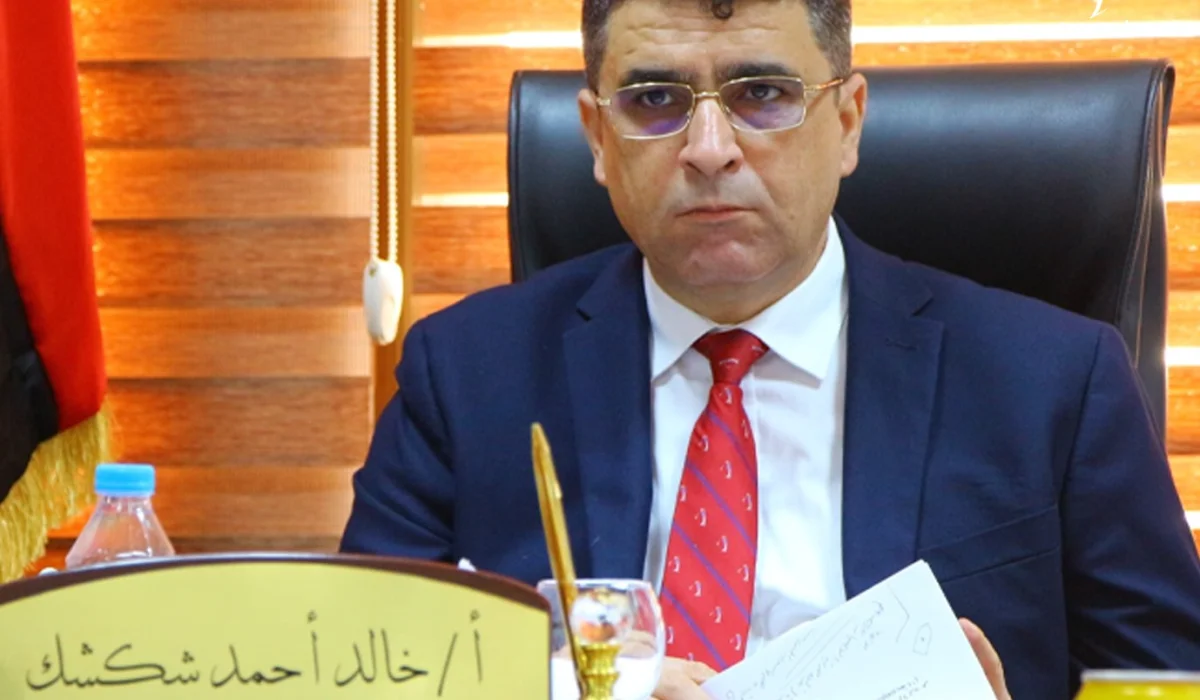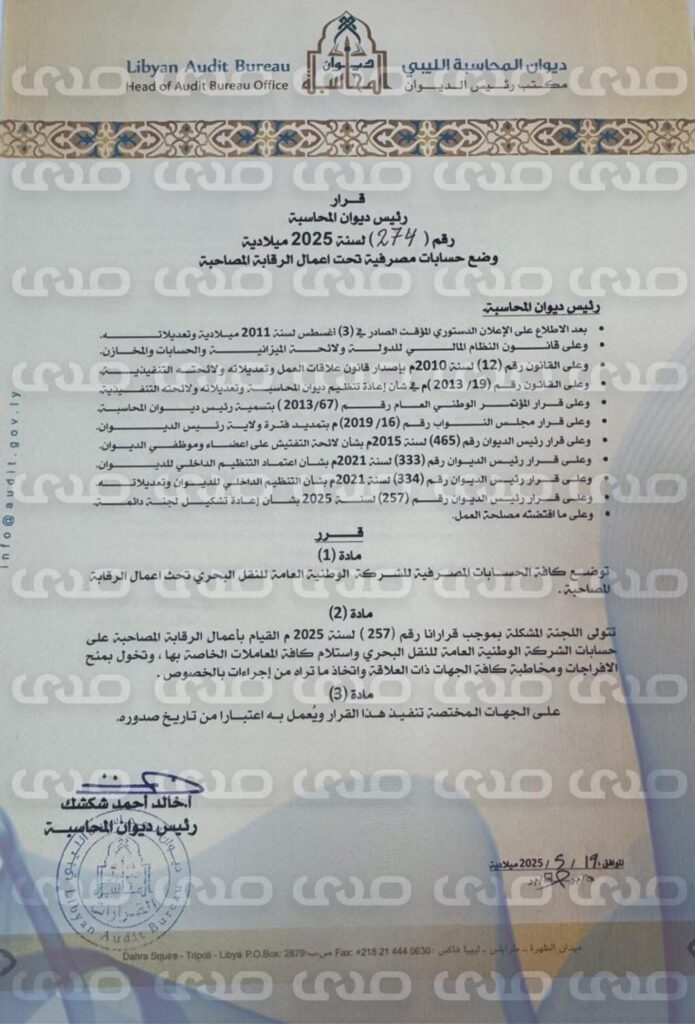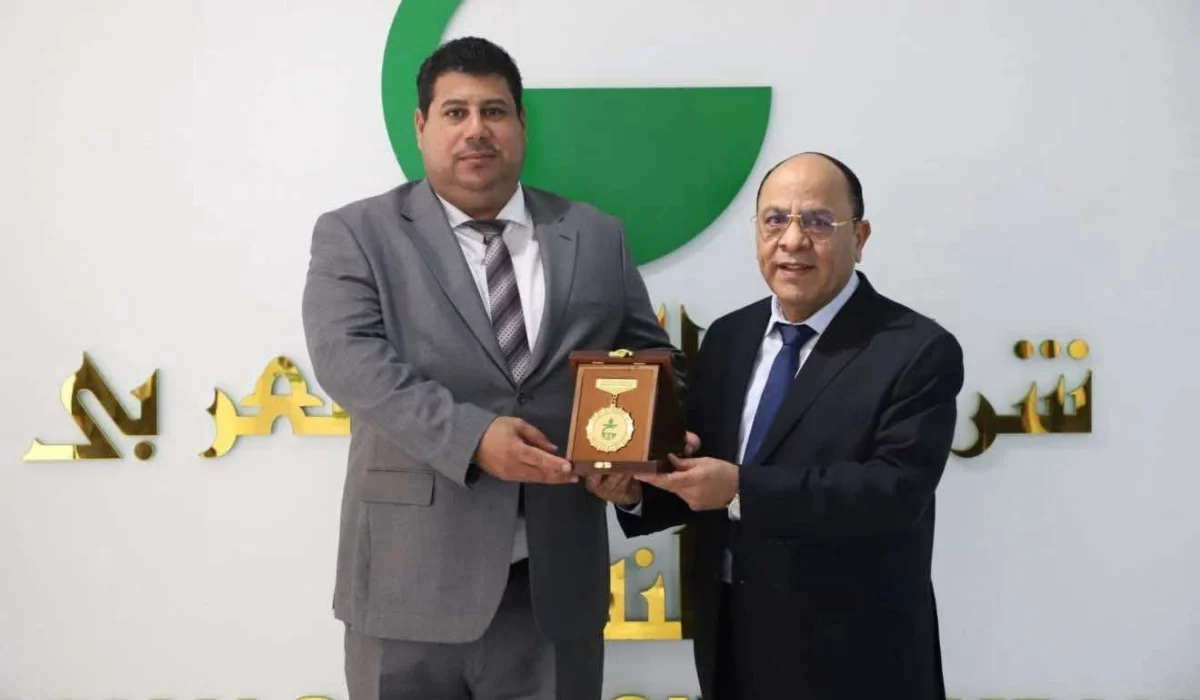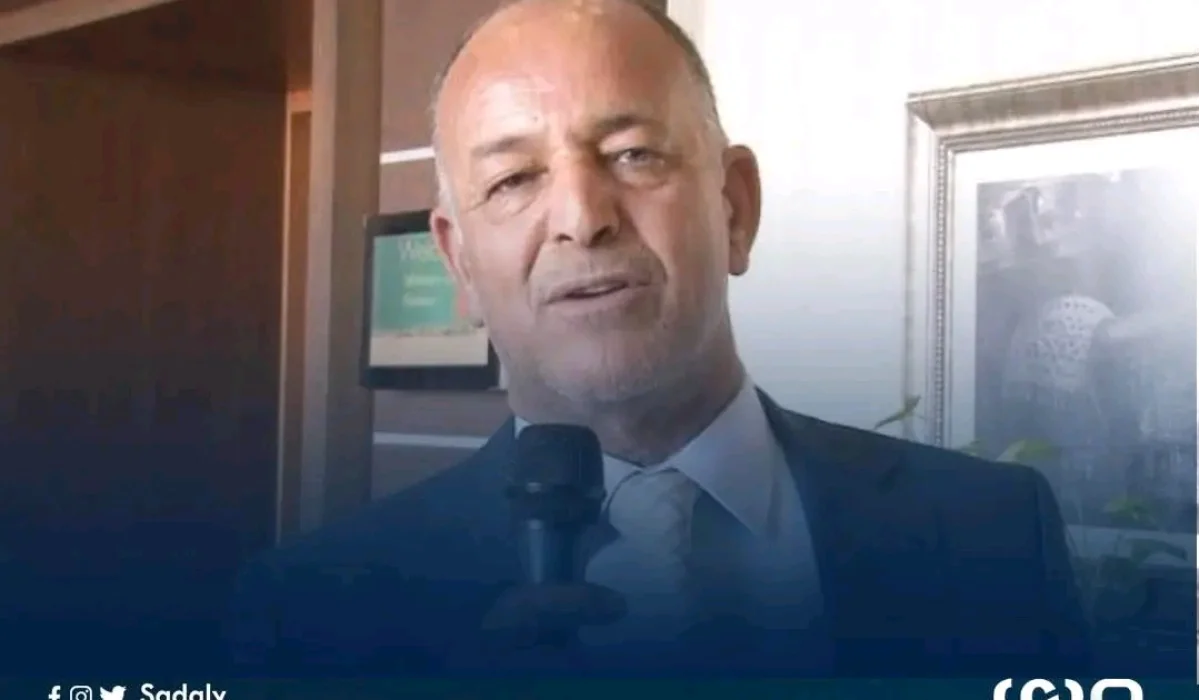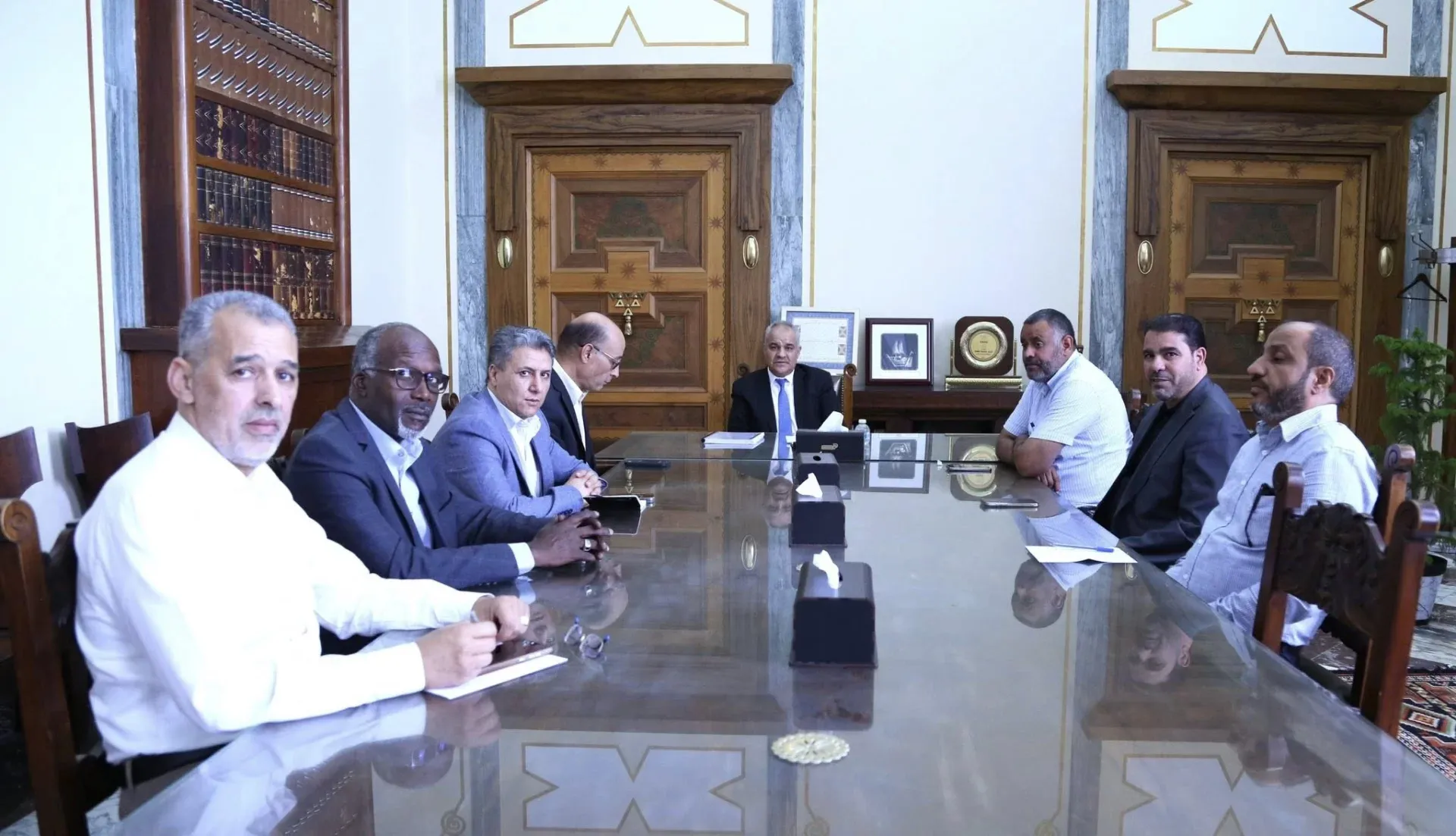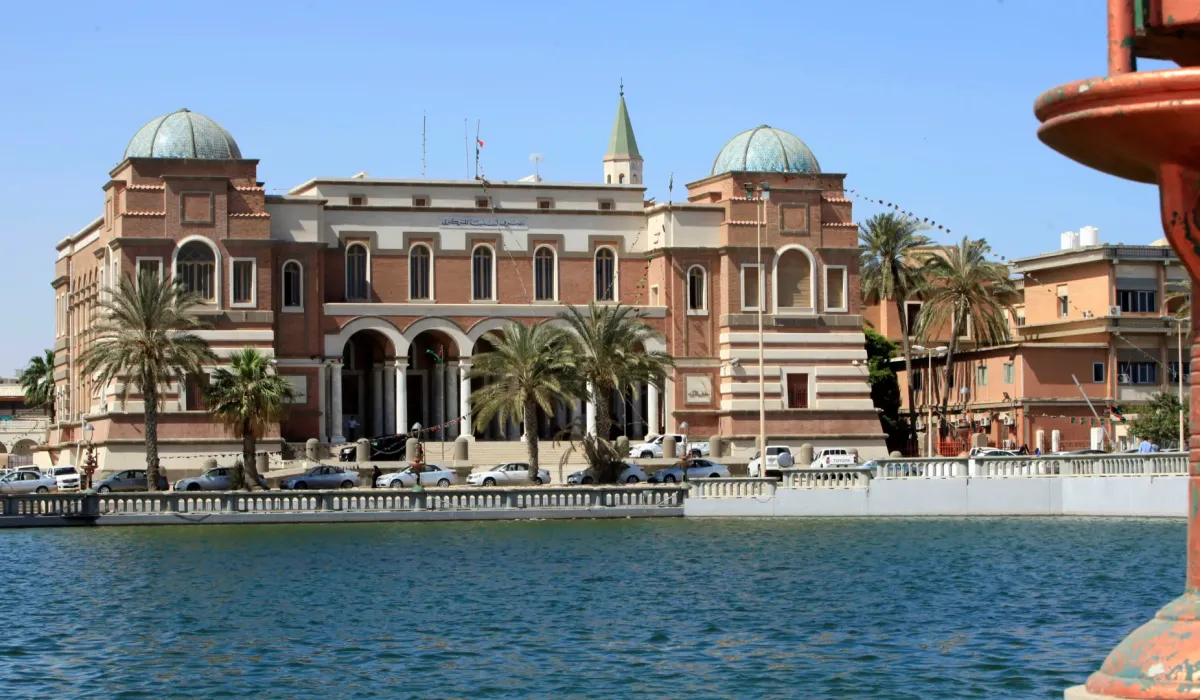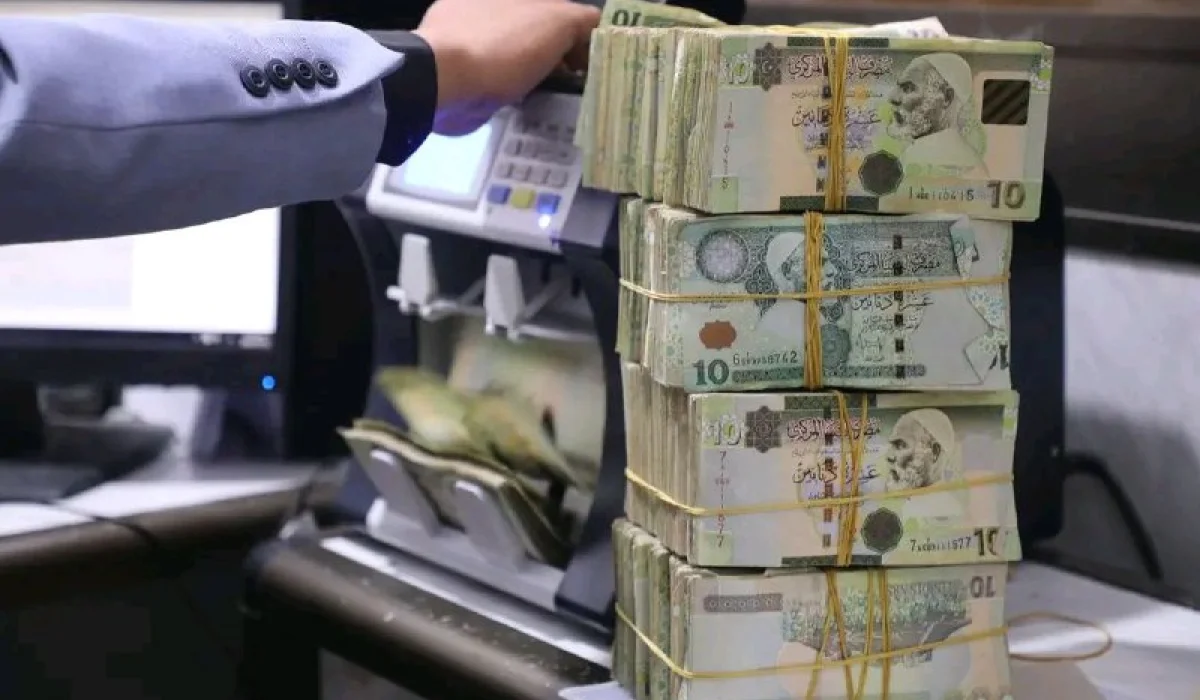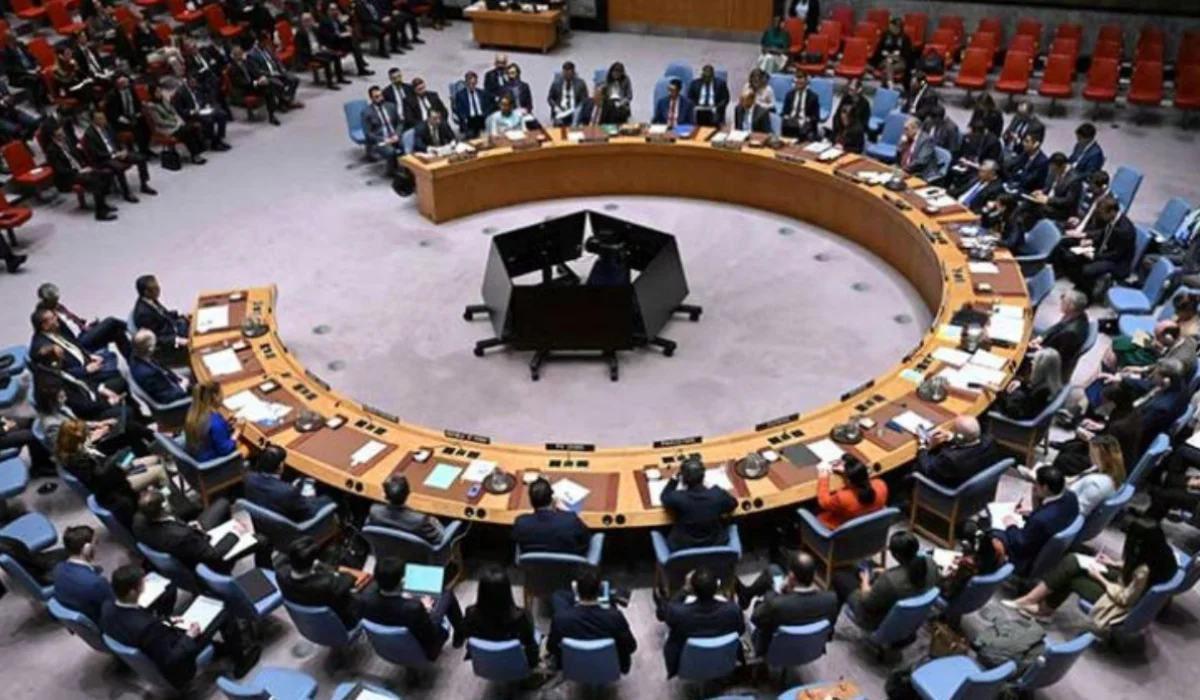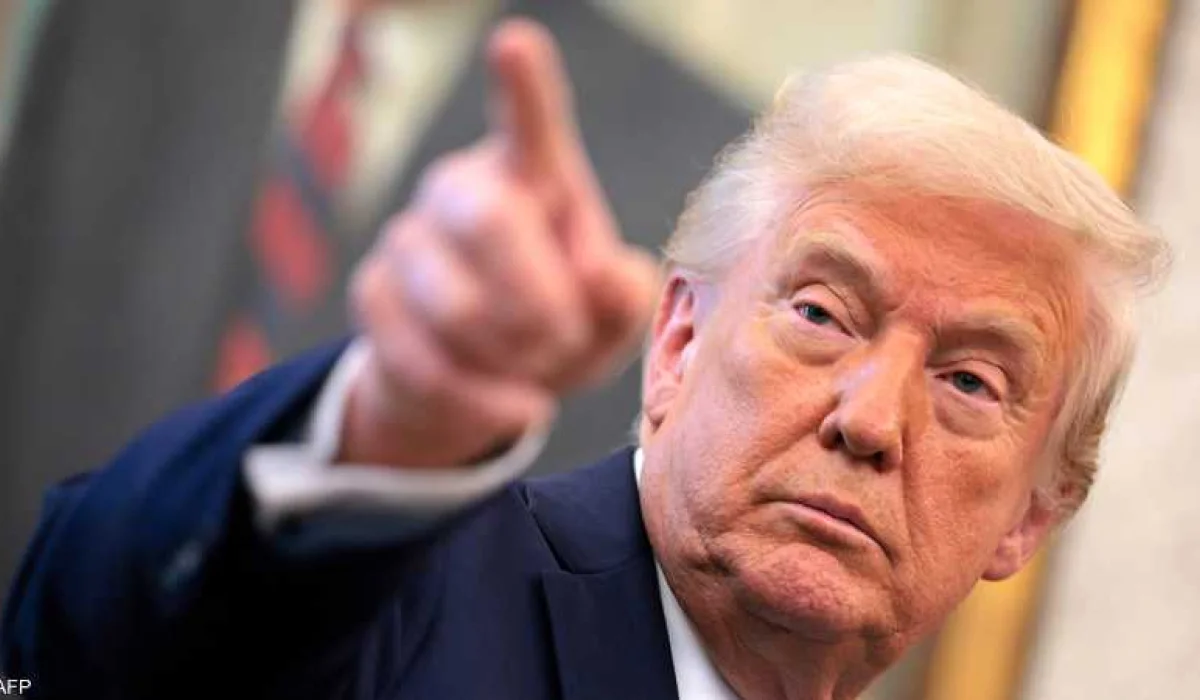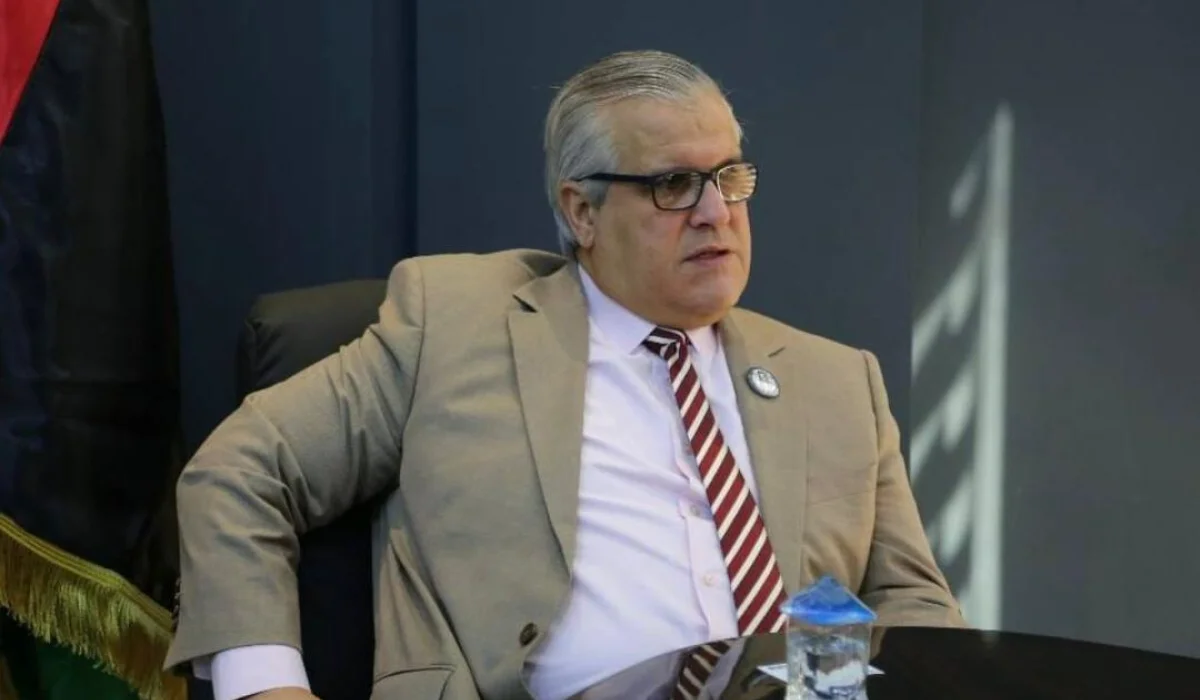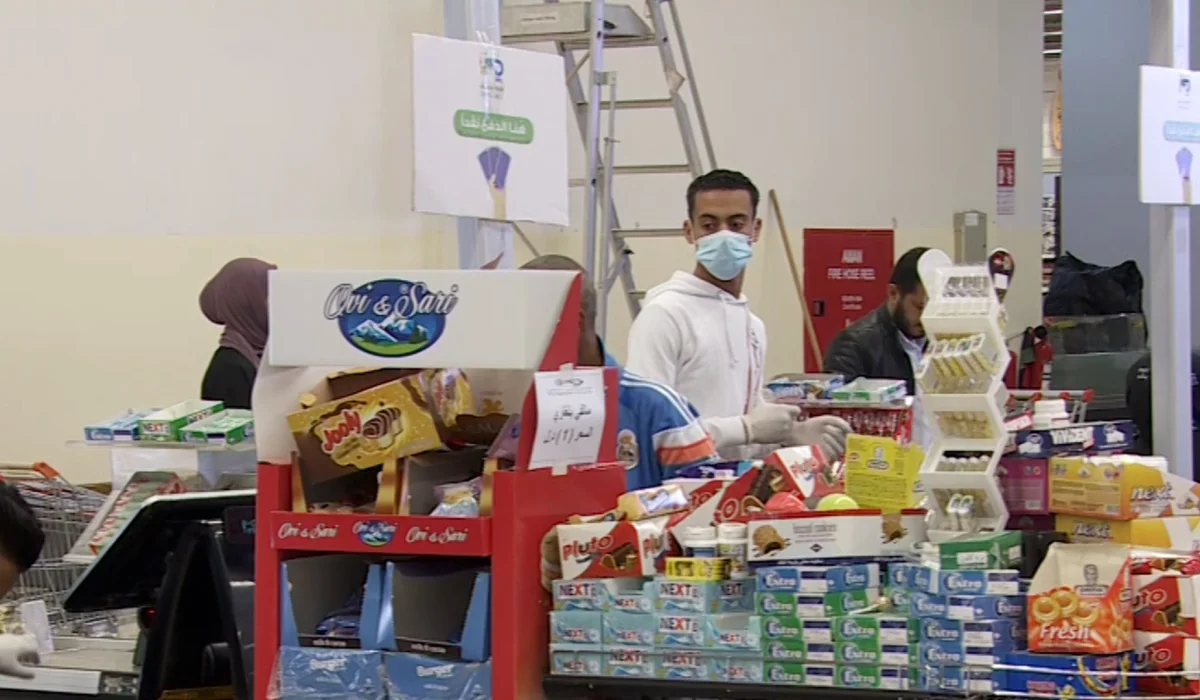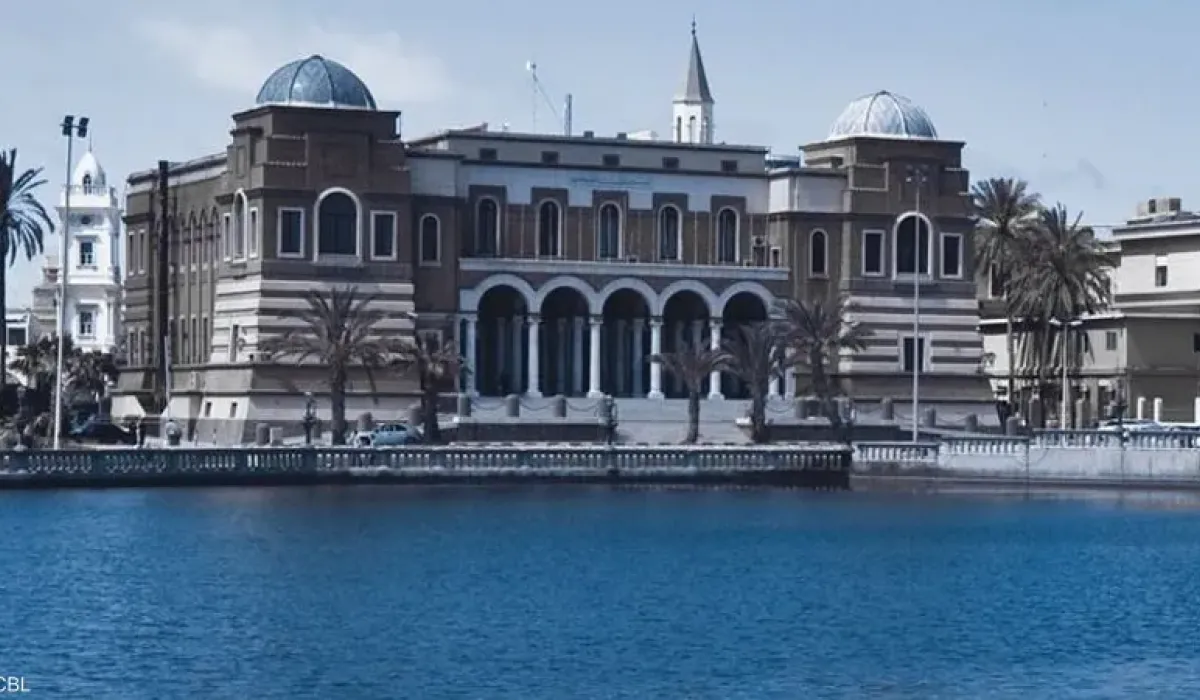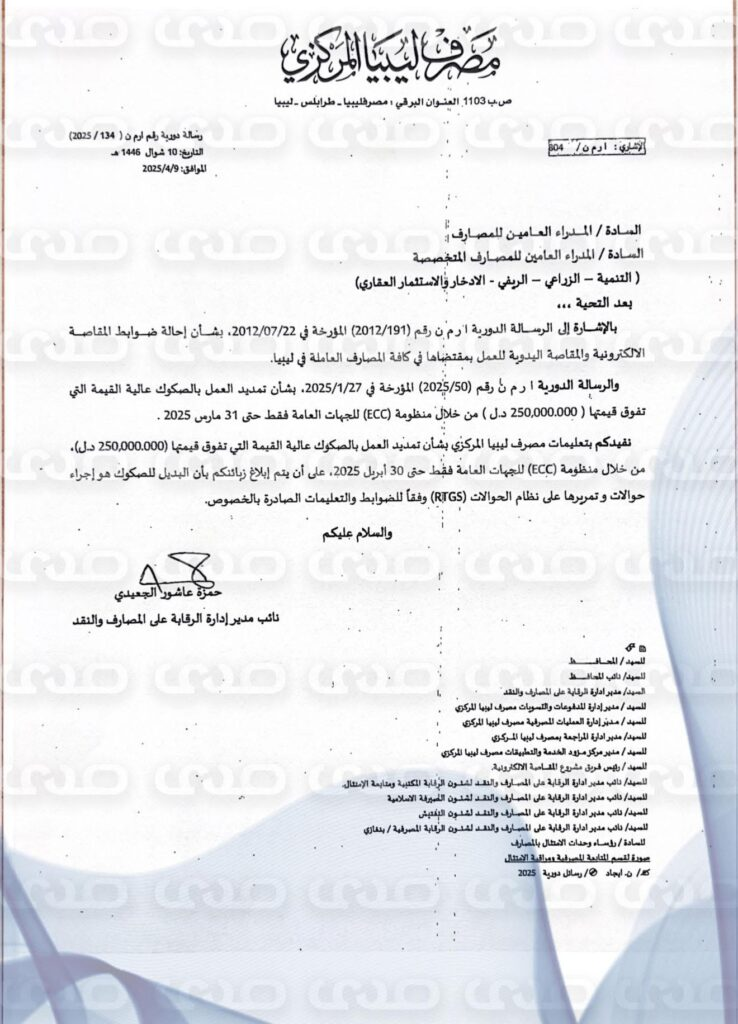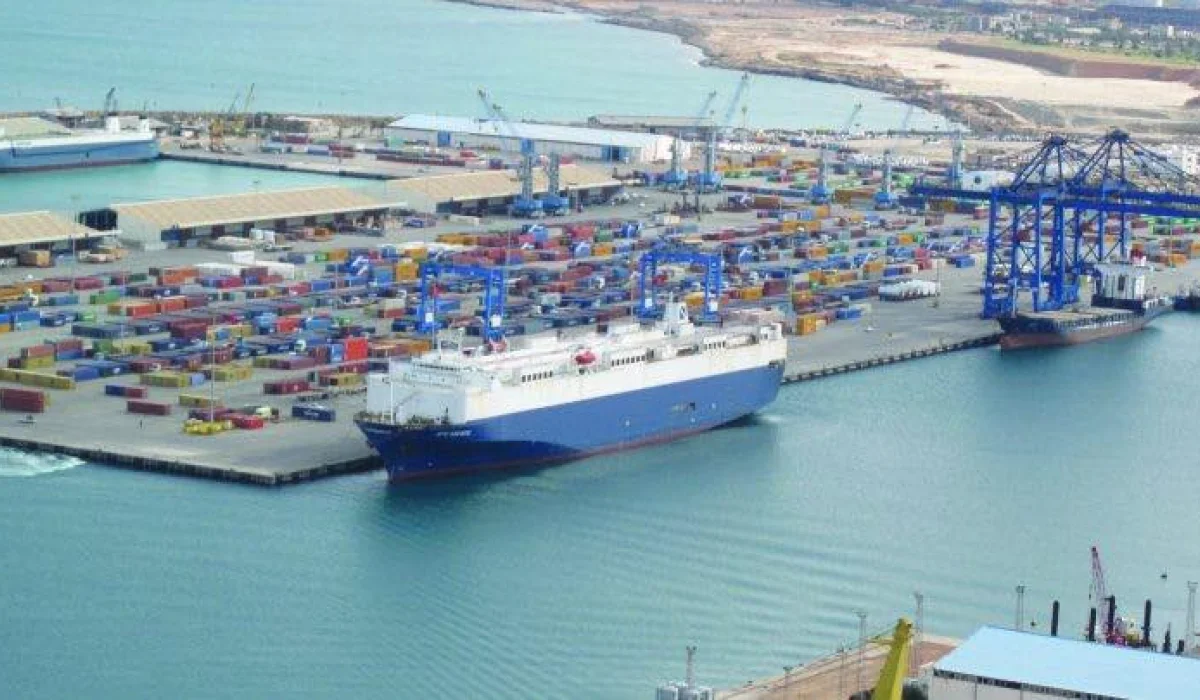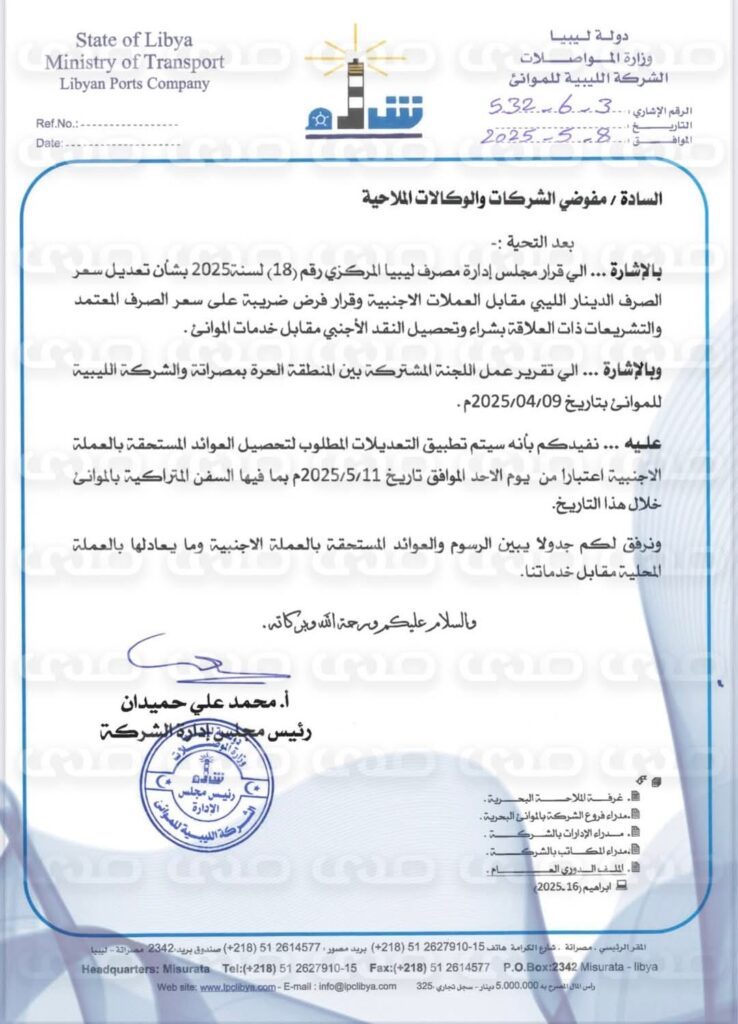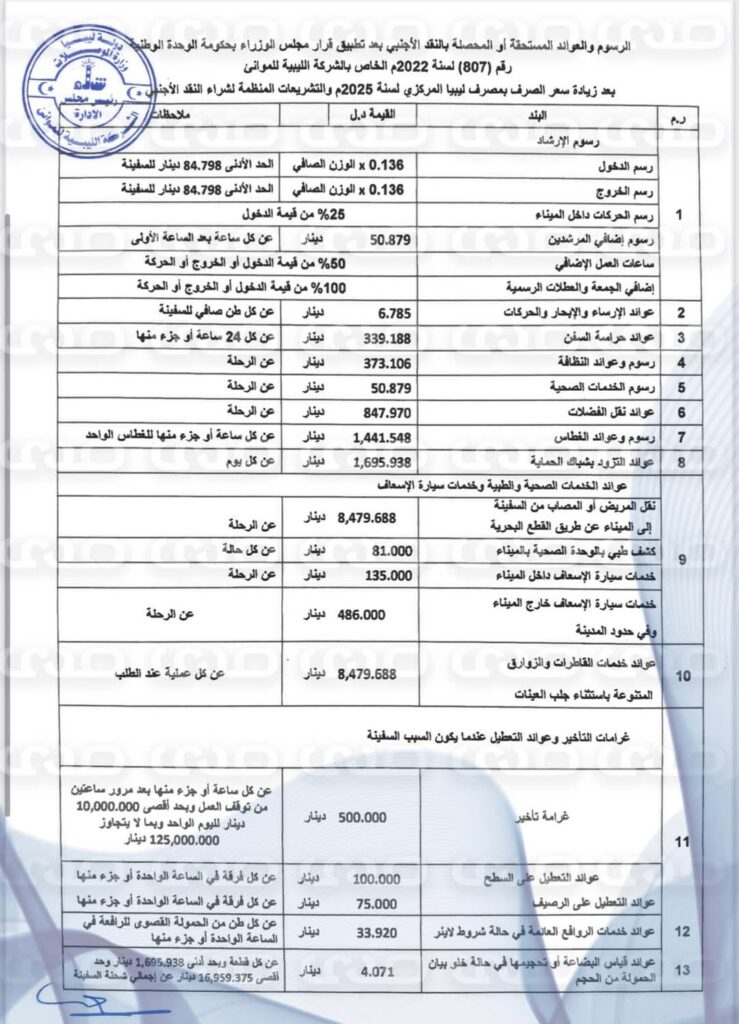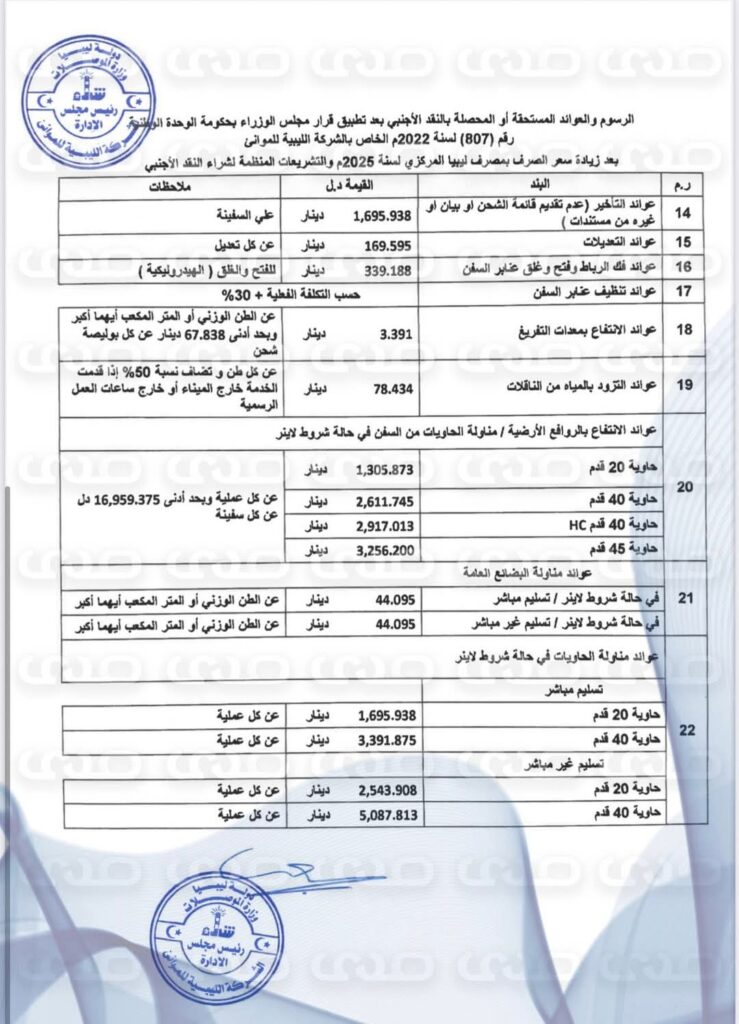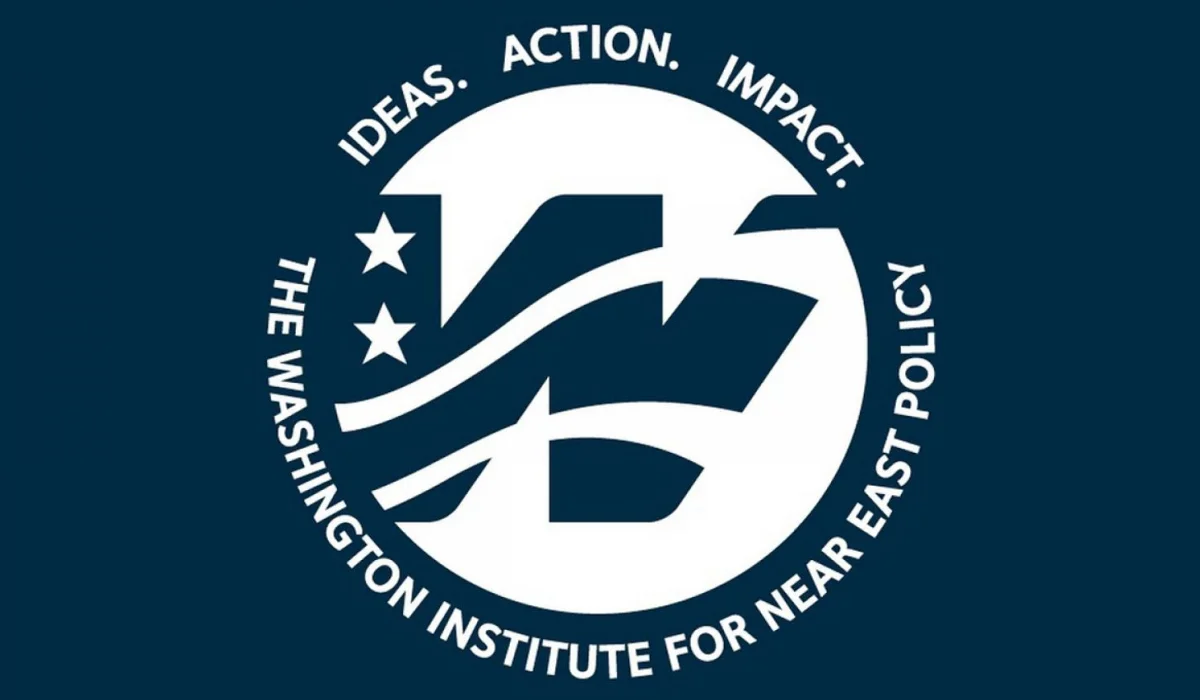The newspaper Africa Confidential reported that Colonel Muammar Gaddafi had hidden billions of dollars in American banks, and now influential figures in Libya are competing to gain control over this hidden wealth. The struggle for this fortune has ignited a fierce political battle in Tripoli — a battle so intense that it forced the official in charge of asset recovery to go into hiding out of fear for his life.
The paper stated that after three months in detention, Mohamed Al-Mensli, Director General of the Libyan Asset Recovery and Management Office (LARMO), was released, paving the way for him to resume efforts to recover up to 50 billion US dollars in Libyan assets.
According to the paper, Libya generated $1.25 trillion in oil revenues between 1972 and 2023, but hundreds of billions were stolen during Gaddafi’s rule, and most of the remaining spoils are held in Western banks.
The paper confirmed that Al-Mensli was detained by rival officials who were trying to recover Libya’s hidden wealth — some of which had been transferred to private accounts controlled by senior officials close to Gaddafi, or converted into gold deposits held by various African governments and used to fund military projects. A significant portion of the stolen money was invested in U.S. Treasury bonds and other securities secretly held in American banks to evade sanctions on Gaddafi’s regime.
Africa Confidential has reviewed documents supporting these claims, including a list of CUSIP numbers — unique identifiers assigned to securities in the U.S. and Canada — as well as other documents detailing how the funds entered the U.S. and the nominee ownership structures used.
The newspaper reported that these documents had been seized from the office of Gaddafi’s intelligence chief and son-in-law, Abdullah Al-Senussi, at the time of the regime’s fall and Gaddafi’s killing in September 2011. Al-Senussi was sentenced to death by a Tripoli court in 2015 but remains in detention. The documents have recently resurfaced and are reportedly still intact.
The financial transfers mentioned in the documents were carried out under direct orders from Gaddafi. His motives — to hide massive sums in the U.S. while Libya was under sanctions — remain unclear. Bankers and activists say he may have exported hundreds of billions of dollars during his rule, including vast quantities of gold to Africa, but little has been recovered so far.
The newspaper explained that LARMO plans to use the documents to pursue legal claims in the United States.
It added: “We understand they are preparing legal action concerning some of the bonds soon, including discussions with regulators, state prosecutors, law enforcement agencies, the FBI, and the U.S. Treasury.”
Jonathan Berman, a British expert in asset recovery assisting LARMO, stated: “Between 1994 and 2011, $17.03 billion was secretly invested in the U.S., mostly in Treasury bonds of varying maturities, using nominee entities, locations, and banking directions through Europe. At least another $10 billion was placed in bank deposits. Taking into account interest coupons on the securities and banking interest, we are talking about $45–50 billion funneled into the U.S. during Gaddafi’s rule despite sanctions.”
He added that the documents list 240 U.S. Treasury securities, some with ten-year or shorter maturities, others up to 50 years, with values ranging from under $1 million to over $20 million. They include inflation-protected bonds as well as Fannie Mae, Freddie Mac, and Federal Home Loan Bank of Dallas bonds. Some have matured, and the cash may be held in private bank accounts.
Investigators believe the funds were first moved to another country in the region, then to institutions in Germany and Switzerland, before being transferred to individuals with accounts in at least four U.S. banks. To date, it remains unclear how they evaded U.S. sanctions imposed between 1986 and 2004.
Preserving the Funds:
The task of securing, preserving, and managing these funds faces immense challenges. According to former U.S. Special Envoy to Libya Jonathan Winer, for Libya to reclaim the funds for its people, it must develop structures that prevent access until a stable political system is in place — otherwise, the assets could become a secret war chest for someone’s personal or political ambitions.
The paper quoted a prominent Libya analyst, unofficially, asking: “Many years have passed — what has LARMO actually recovered? What is its budget and strategy? Where is its headquarters?”
He added, “You cannot hold a senior position in the Libyan state without a deal. That’s how the system operates.”
He questioned, “What is Al-Mensli’s relationship with Dbeibeh’s administration? It’s extremely murky. Dbeibeh appointed Al-Mensli, yet made no public effort to secure his release or condemn his unlawful detention.”
Africa Confidential understood that no behind-the-scenes efforts were made either. However, Al-Mensli was not removed from his position — a decision within Dbeibeh’s authority, even nominally.
It turns out Al-Mensli spent his first two years in office opposing a lawsuit filed by the American law firm BakerHostetler in New York District Court — a case similar to what LARMO may now pursue. Filed by Anwar Aref, the suit aimed to compel Bank of America, Citigroup, JPMorgan Chase, UBS, HSBC, Credit Suisse, BNY Mellon, and Deutsche Bank to disclose financial records related to Gaddafi. Africa Confidential found no evidence that any of these banks hold Gaddafi-linked Treasury bonds.
Who detained lead investigator Al-Mensli — and why?
In early December 2024, Mohamed Al-Mensli, Director General of LARMO, met with officials from the U.S. administration, State Department, Department of Justice, and Treasury in Washington to notify them of LARMO’s intention to pursue claims and request cooperation in recovering funds in secret accounts.
His visit came just days before Libya’s Supreme Court upheld Prime Minister Abdulhamid Dbeibeh’s 2021 decision to appoint him as director — a ruling not subject to appeal.
These developments appear to have triggered Al-Mensli’s arrest in Tripoli on January 7. He was charged with unauthorized asset recovery efforts and holding dual citizenship — charges he denies.
Al-Mensli told Africa Confidential that before being detained by armed men, he had attended a meeting at the Administrative Control Authority in Tripoli where he was assured of his safety.
These oversight bodies, officially tasked with fighting corruption, have, under the leadership of Abdullah Mohamed Qadurbouh, become tools for political score-settling. Africa Confidential contacted the Authority and Qadurbouh for comment.
After the meeting, two armed men forced him into the basement of the Anti-Corruption Commission building.
“At that moment, I knew I was being kidnapped — or worse,” he said. LARMO colleagues waiting outside, alerted via a text message, intervened before disaster struck. He was then taken to Al-Judeida Prison, where he was held in harsh conditions, denied medication, and subjected to repeated interrogations.
According to Amnesty International, Al-Judeida is one of several prisons overseen by Osama Najim since 2021. Najim is a senior member of the Special Deterrence Forces, one of the most powerful armed groups in Tripoli, and was recently detained in Turin under an international arrest warrant from the International Criminal Court.
Al-Mensli said his interrogation aimed in part to pressure him into handing over asset recovery documents, relinquish control of LARMO, and allow others to use the assets as collateral for infrastructure deals worth hundreds of millions of dollars.
Jonathan Winer, the former U.S. envoy to Libya and distinguished fellow at the Middle East Institute in Washington, told Africa Confidential: “This was a deal struck by a variety of individuals trying to take over valuable assets — and Al-Mensli and LARMO were working hard to recover them.”
The newspaper added that after intense diplomatic pressure from Britain, Morocco, and other countries, Al-Mensli was released for health reasons — and has since gone into hiding, fearing further threats. The danger stems from the clear progress LARMO has made in reclaiming assets looted during the Gaddafi era — resources vital to Libya’s future. Control over these sovereign assets is crucial in a country whose economic and financial systems have been paralyzed for years by corruption.




